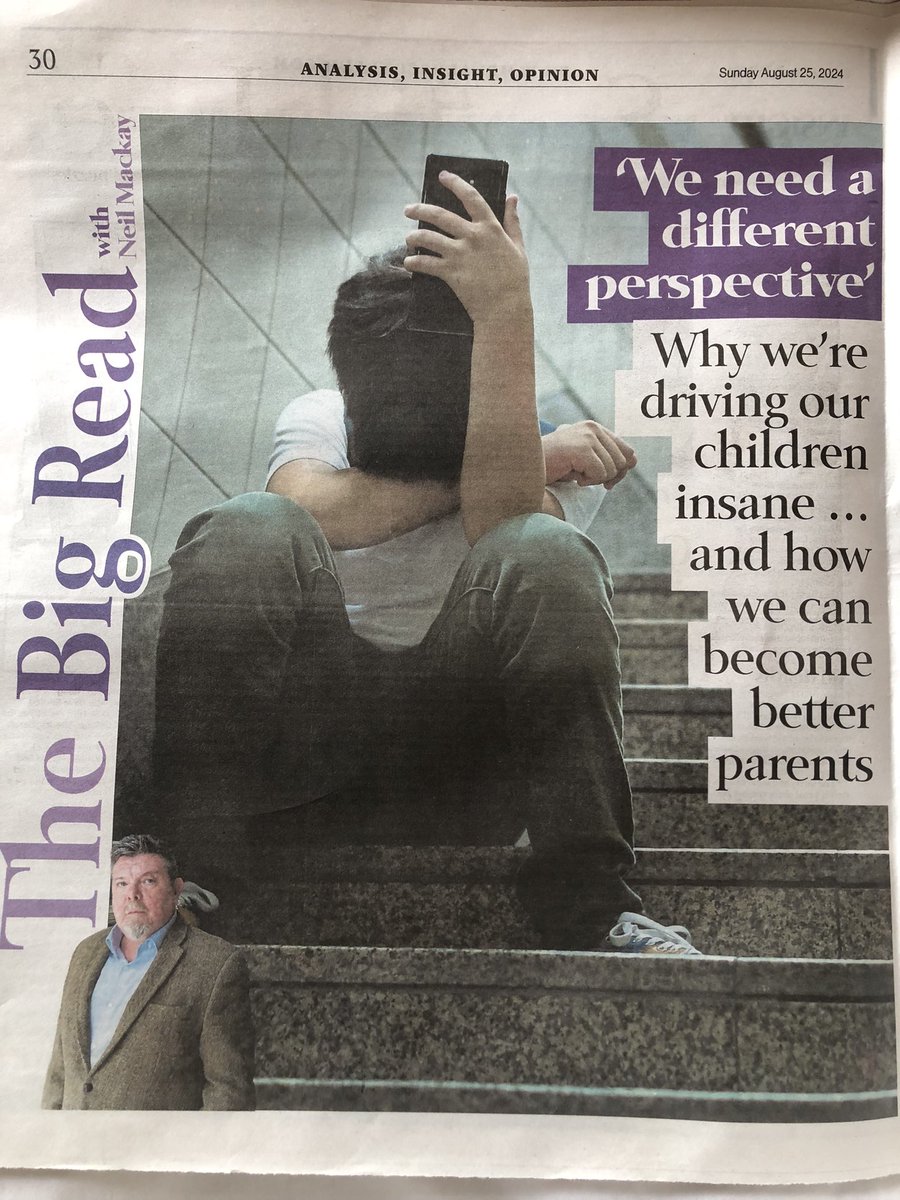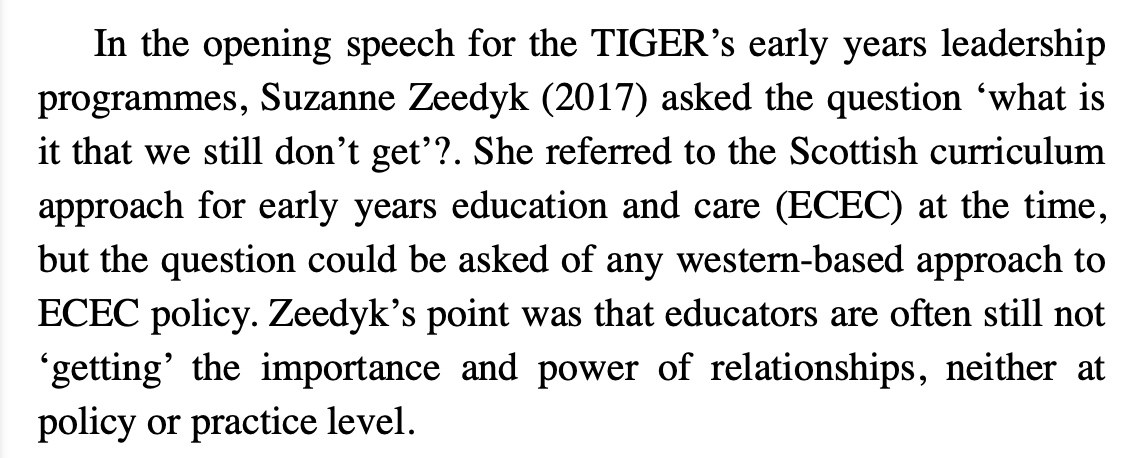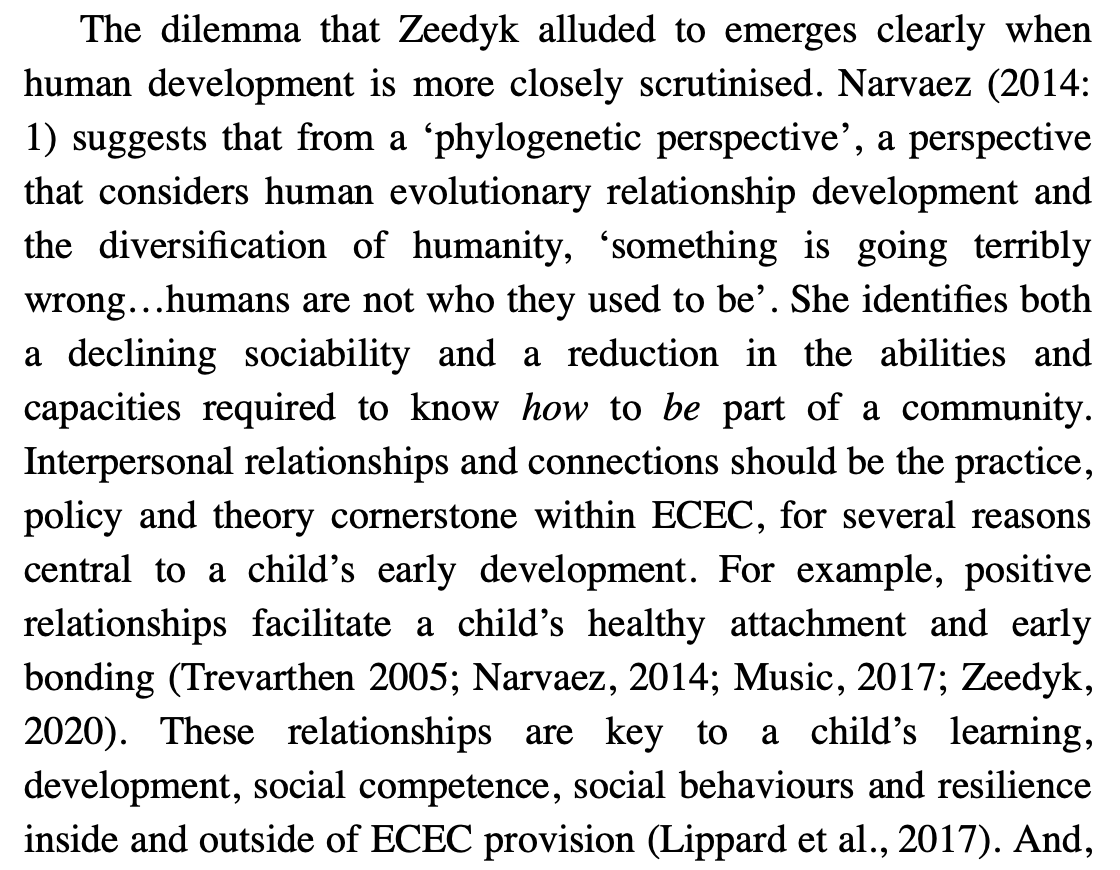A THREAD on the #ACES debate.
I watched with interest this week as the ACES debate once again flowed across my Twitter feed. I stepped into Fierce Curiosity, aiming to make meaning of what I was seeing. This thread is about my insights....
I watched with interest this week as the ACES debate once again flowed across my Twitter feed. I stepped into Fierce Curiosity, aiming to make meaning of what I was seeing. This thread is about my insights....
2. @DrJessTaylor released a video in which she explained very clearly why she seriously dislikes t Public Health England @phe_uk video on #ACES. With 65K following, lots of people listen to what she has to say. She also started the hashtag #IAmNotMyACEs .
https://twitter.com/DrJessTaylor/status/1311682691612528643
3. Many people responded to @DrJessTaylor observations, similarly criticising the stereotyping & simplicities (amongst other things) of the video. @_LisaCherry was one of them. She later clarified she dislikes the video but not the ACES framework.
https://twitter.com/_LisaCherry/status/1312442260739375104?s=20
4. @DrBurkeHarris in USA also responded, noting that one (poor) video does not represent a whole field of science. She also respectfully disagreed w/ @DrJessTaylor that ACES predict your destiny. Rather, ACES convey your risk.
https://twitter.com/_LisaCherry/status/1312442260739375104?s=20
5. Joycelyn Durk @2JD2 loved being offered this frame for thinking about ACES. She tweeted: "I love this! ACES convey risk, not destiny."
https://twitter.com/2JD2/status/1312436732072062976?s=20
6. Another person who responded was Elizabth Perry @eperryinsights , frm Canada. She is t leading ACES activst in Canada & speaks always frm a lived experience perspective. She wrote a long passionate thread, explaining why she disagrees w/ @DrJessTaylor .
https://twitter.com/eperryinsights/status/1312503292459532291?s=20
7. In particular, @eperryinsights feels that the hashtag #IAmNotMyACES is misrepresentative of the science. As she puts it "No one with any reputability is saying 'I am my ACES'." She is angry that this misrepresentation is being used to dismiss ACES.
https://twitter.com/eperryinsights/status/1312503292459532291?s=20
8. @eperryinsights went further. Courageously, she called out t PRIVILEGE that seeps into ths debate. "Maybe you haven't been affected by yr ACES. Maybe you had enough [buffering]....Maybe you were lucky. But some of us grew up believng we were worthless."
https://twitter.com/eperryinsights/status/1312503292459532291?s=20
9. @eperryinsights is trying to get those of us working w/ trauma to do something similar to what #BlackLivesMatter is doing: Get curious & self-reflective & #CheckOurPrivlege. If you deny you hv any privilege...well, that's t point, isn't it?
https://twitter.com/eperryinsights/status/1312502180494995456?s=20
10. @paulinescott222 of @ACEAwareNation thn offered a thread ths morn, askng whethr all of us who want to tackle childhood adversity can best spend our effort arguing w/ each othr abt nuances or whthr we cd hv collaborative conversatns based on intention.
https://twitter.com/paulinescott222/status/1312700200398532608?s=20
11. A private DM was sent to me, putting it more bluntly: "The internal ACES debate is like a broken record. Why are we tearng ourselves apart over nuances? The 'Left' so often does this! Some of these points are really importnt, but t squabbling keeps us frm hearing & thinkng."
12. I recall t origins of t ACES Movement in Scotland. It started in 2004, w/ @vruscotland & @karynmccluskey & @JohnCarnochan & @HarryBurns16 trying to reduce violence. No one can be against that, can they?? THERE WAS NO DEBATE. Mostly, there was silence.
13. But now? Now lots of people know. Tens of thousands of people know abt the effects of ACES/trauma/adversity. They start where they start, many knowng nothing of the history & the effort & the work is has taken to get CHILDHOOD SUFFERING on the agenda of more people's thinkng.
14. This questn goes back a lot further than 2004. As @_LisaCherry put it: "Social workers & others have been talking about this long before we used the language of ACES." Yes, at least 75 years, when attachment theorists tried. Back to children's campaigners of 1800s.
15. Here's the point of this long thread:
Here's what I think is differnt ths time. ACES is about all of us. People *get* that it isn't abt some 'other' group 'over there'. Every single one of us has an 'ACES score'. Even if its 0. Even if you hate scoring. This idea is about ME.
Here's what I think is differnt ths time. ACES is about all of us. People *get* that it isn't abt some 'other' group 'over there'. Every single one of us has an 'ACES score'. Even if its 0. Even if you hate scoring. This idea is about ME.
16. And people hv *feelings* abt this idea. Some are grateful for t idea, because it helps thm understnd thmselves. Other ppl reject it, because they don't think it adequately captures their sense of their life. Both responses are legitimate. And valuable. We can talk abt both.
17. I celebrate this debate. I remember the early days when there was no debate, when there was silence.
Now tens of thousands (millions?) of people are trying to figure out how to talk abt t IDEA that our childhood experiences affect every single one of us. This is progress....
Now tens of thousands (millions?) of people are trying to figure out how to talk abt t IDEA that our childhood experiences affect every single one of us. This is progress....
18. Should I talk about this on Twitter? Some friends would tell me it is a waste of time to try to have nuanced discussions like this on social media. I should be out in the sunshine. Maybe...But I've given it a shot, because this conversation matters. Children are suffering.
19. A comment on one of our @ACEAwareNation videos has stayed w/ me: "How differnt my life might hv been were ths Movement alive in 1960s....I'm 61, still struggling. I've only recently realised that I've spent my life grieving for who I could have been."
20. The success of ths "movement" will be because it is not in t hands of policymakers & scientists. It will come frm t fact that an *IDEA* has infiltrated deeply enough into a culture: CHILDHOOD MATTERS. Experiences hv a lasting biological impact. For good or ill. On each of us.
21/end. I believe t more fiercely curious we can be, t more we will learn frm each other abt how to approach ths idea: t importance of childhood.
Our human species is in t midst of destroying t planet.
We need each other. Let's keep talkng.
Thanks everyone. Time for sunshine.
Our human species is in t midst of destroying t planet.
We need each other. Let's keep talkng.
Thanks everyone. Time for sunshine.
Colleagues, you may be interested in t thread above on the #ACES debate. @KeeganSmith_Law @UpstartScot @ACEAwareNL @LisaReagan3 @garywrobinson @RobinCogan @realdcameron @fionalarkin13 @connectionwork1 @ClaireAustin4 @sallycroachy @KevinNeary12 @AcesAyrshire_ed @CraigmillarCAH
• • •
Missing some Tweet in this thread? You can try to
force a refresh





















